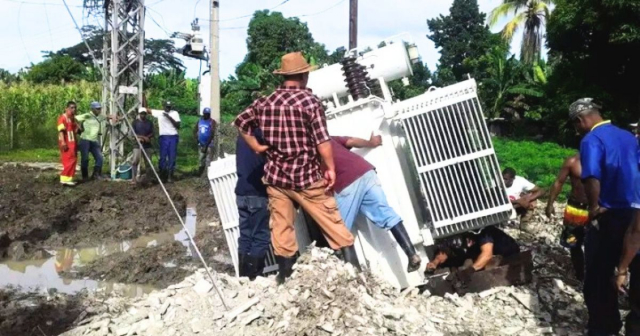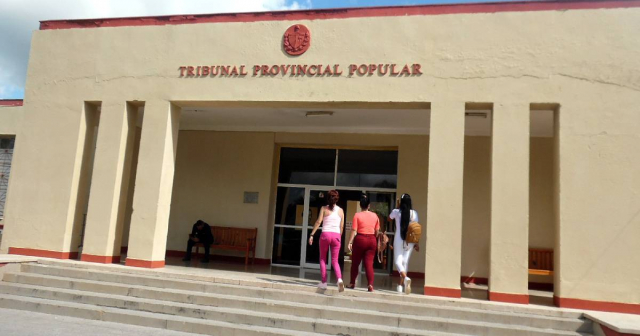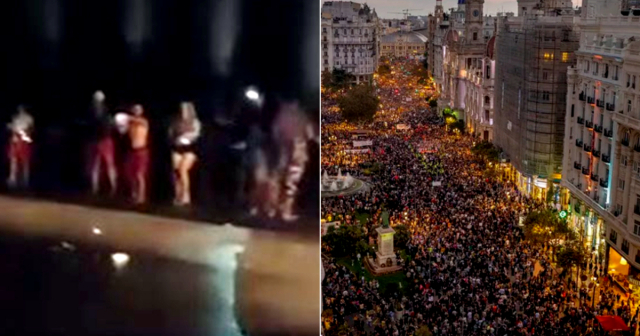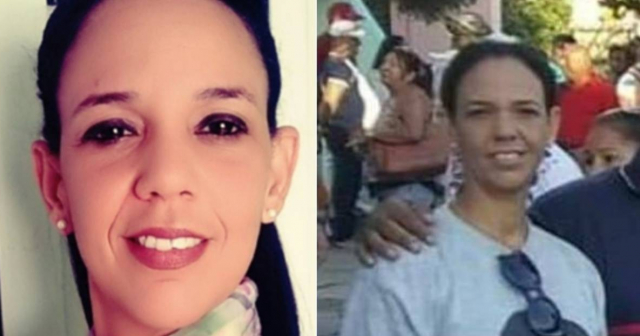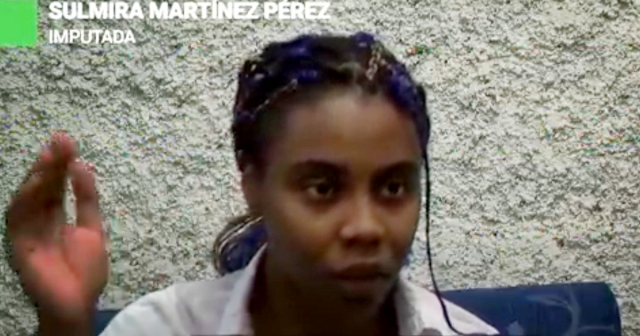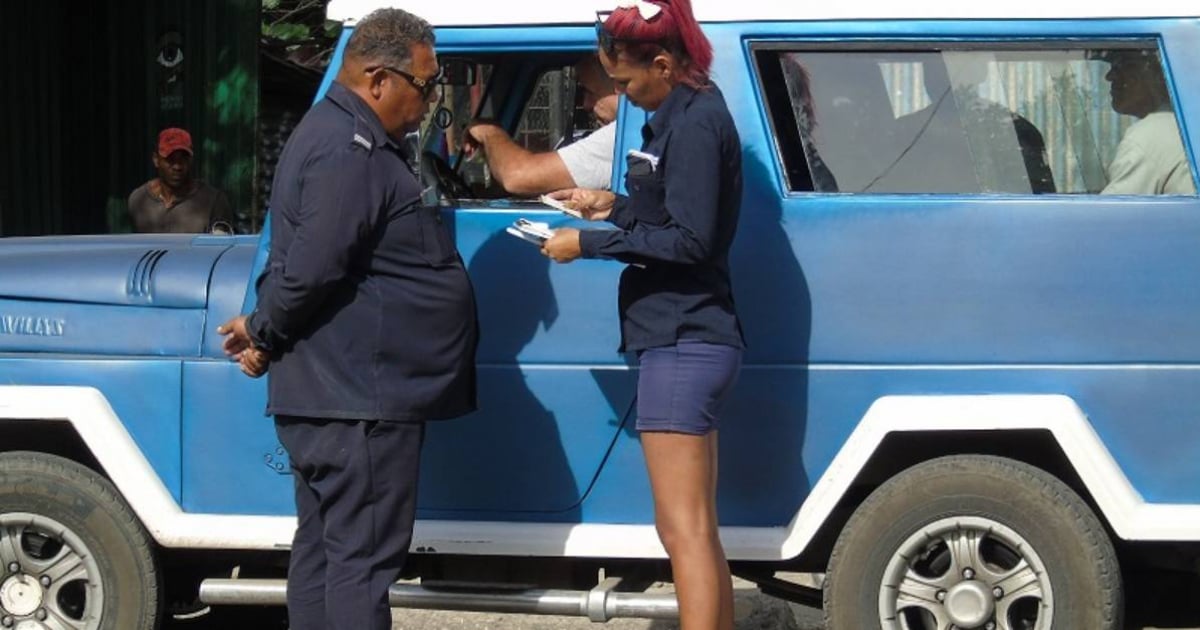
The Cuban Deputy Attorney General, Marcos Caraballo de la Rosa, indicated that during the National Exercise for the Prevention and Combat of Crime, more than 300 precautionary measures were imposed in Cuba, with 83% involving provisional imprisonment, primarily targeting corruption and drug trafficking offenses.
The operation took place between December 2 and 7, with the government's stated aim of curbing corruption, social indiscipline, and other harmful phenomena affecting the country.
In less than a week, 1,900 cases in the preparatory phase were reviewed, of which 527 were taken to court for the commencement of oral trials.
Marcos Caraballo described corruption as a "threat to national security" and reported on serious cases involving criminal networks made up of officials and executives. Four prominent cases have already gone to trial.
The exercise also included the detection of crimes against the national electrical system, such as the theft of dielectric oil, which were classified by the Prosecutor's Office as acts of sabotage.
In parallel, 303 fiscal control actions were carried out, resulting in fines exceeding 2.1 million pesos, the identification of tax debts totaling over 61 million CUP, and the recovery of more than 3.4 million pesos.
The Prosecutor's Office presents these government measures as a defense of "public tranquility," but this exercise reveals the deep fissures in legality and state management, reflected in recurring crimes and the lack of effective controls.
Corruption and the energy crisis continue to be symptoms of structural problems in the country, which require more than sporadic measures for resolution.
Frequently Asked Questions about Anti-Corruption Measures and the Energy Crisis in Cuba
What recent actions has the Prosecutor's Office in Cuba taken against corruption and drug trafficking?
The Cuban Prosecutor's Office imposed over 300 precautionary measures in less than a week as part of a national operation against corruption and drug trafficking, with 83% of these measures resulting in provisional imprisonment. This effort is part of the government's attempt to curb crimes that threaten national security, although it highlights weaknesses in state management and legal control in the country.
How is corruption affecting Cuba's energy infrastructure?
Corruption in Cuba has significantly affected the energy infrastructure, as evidenced by incidents like the theft of dielectric oil from electrical transformers, which exacerbates the energy crisis and leads to prolonged blackouts. The lack of effective control and oversight has allowed these crimes to further undermine the already collapsed energy system of the country.
What fiscal measures have been implemented in Cuba to combat illegal activities in the private sector?
The Cuban government has intensified inspections and penalties in the private sector, temporarily closing businesses and imposing steep fines for violations. During a recent operation, over 508,000 inspections were carried out, uncovering irregularities such as inflated prices and concealment of goods. These measures aim to correct economic distortions, although they face criticism for not addressing structural issues.
Why is Cuba's energy system in crisis?
Cuba's energy system is experiencing a crisis due to the deterioration of infrastructure, a lack of fuel, and an increase in demand that cannot be sustained. Insufficient investment and maintenance, along with acts of corruption and theft, have worsened the situation, resulting in prolonged power outages and severely impacting the quality of life on the island.
What impact do anti-corruption measures and the energy crisis have on daily life in Cuba?
The anti-corruption measures and the energy crisis have created an atmosphere of uncertainty and daily hardships for Cuban citizens. The population is facing shortages of basic services such as electricity and drinking water, which exacerbates social unrest and further complicates everyday life on the island.
Filed under:

